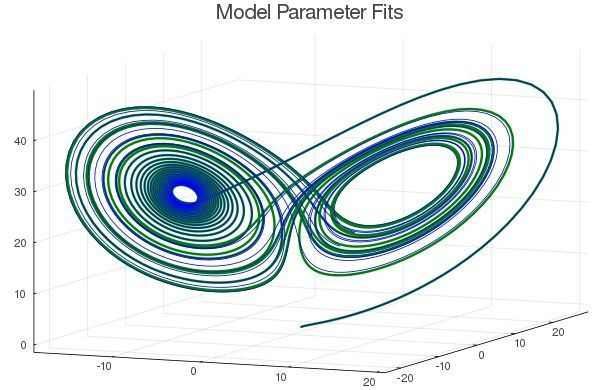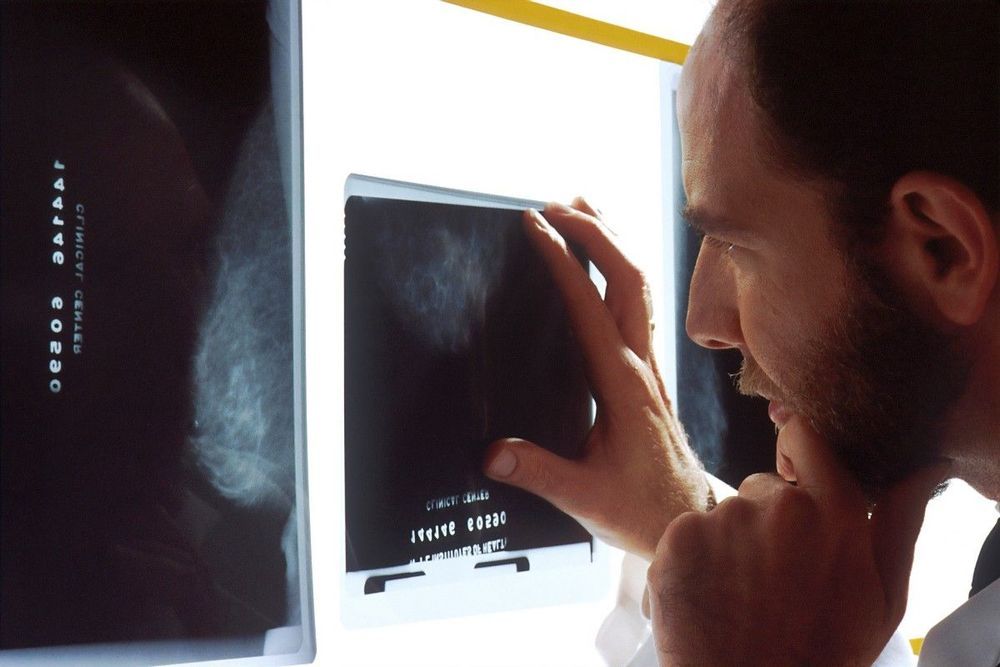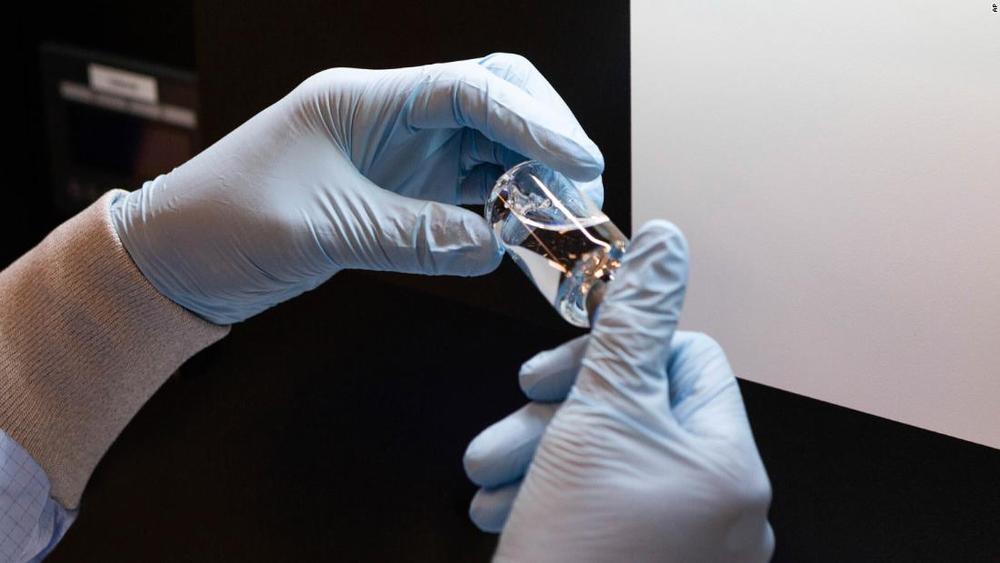Page 7601
Apr 26, 2020
A unique (so far) gravitational wave signal
Posted by Genevieve Klien in categories: cosmology, physics
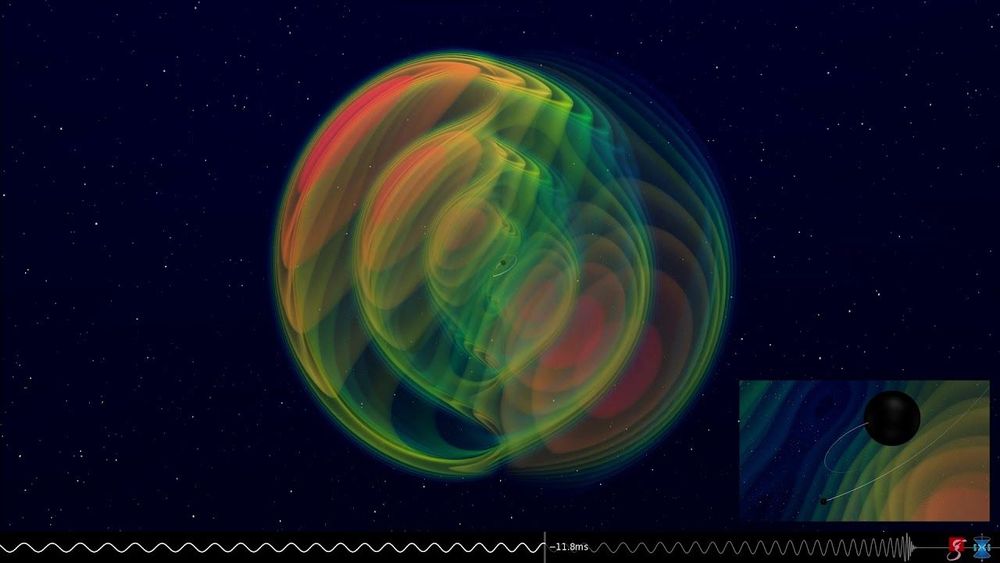
The expectations of the gravitational-wave research community have been fulfilled: gravitational-wave discoveries are now part of their daily work as they have identified in the past observing run, O3, new gravitational-wave candidates about once a week. But now, the researchers have published a remarkable signal unlike any of those seen before: GW190412 is the first observation of a binary black hole merger where the two black holes have distinctly different masses of about 8 and 30 times that of our sun. This not only has allowed more precise measurements of the system’s astrophysical properties, but it has also enabled the LIGO and Virgo scientists to verify a yet-untested prediction of Einstein’s theory of general relativity.
Apr 26, 2020
The Legacy of Math Luminary John Conway, Lost to Covid-19
Posted by Genevieve Klien in categories: biotech/medical, mathematics
Conway, who passed away on April 11, was known for his rapid computation, his playful approach, and solving problems with “his own bare hands.”
Apr 26, 2020
Differential Equations as a Neural Network Layers
Posted by Genevieve Klien in categories: information science, robotics/AI
The main idea of artificial neural networks (ANN) is to build up representations for complicated functions using compositions of relatively simple functions called layers.
A deep neural network is one that has many layers, or many functions composed together.
Although layers are typically simple functions(e.g. relu(Wx + b)) in general they could be any differentiable functions.
Apr 26, 2020
Probabilistic Deep Learning for Breast Cancer Detection
Posted by Genevieve Klien in categories: biotech/medical, robotics/AI
In this article, I will demonstrate the use of Variational Inference to quantify the uncertainty in the weights of deep neural networks and make more informed predictions for a breast cancer classification dataset.
Apr 26, 2020
Preliminary results from a remdesivir trial could come in a week or two, researcher says
Posted by Omuterema Akhahenda in category: biotech/medical
Preliminary results from a clinical trial of remdesivir, an experimental antiviral drug being tested for coronavirus, could come in as little as one to two weeks, a top researcher said Sunday.
The final results aren’t expected until mid-to-late May, said Dr. Andre Kalil, a principal investigator for the trial. But he said “we can potentially have some early data in the next one or two weeks,” contingent on a preliminary analysis.
“In the next few weeks, we’re going to do the analysis, and we’re going to basically know if remdesivir is better or not than placebo,” he told CNN.
Apr 26, 2020
KIA Teases 800 Volt 300 Mile EV With 25 Minute Recharge Time
Posted by Quinn Sena in categories: robotics/AI, transportation
KIA and corporate cousin Hyundai build some efficient EVs that challenge industry leaders like Tesla. Yes, Elon an his minions are miles ahead in self-driving tech, but the Hyundai Kona EV and KIA Niro EV are world class cars that come close to meeting Elon’s plea to other manufacturers to build compelling electric cars.
The problem is, KIA and Hyundai don’t have a dedicated battery electric platform. Both the Kona and Niro share their underpinnings with hybrid and plug-in hybrid models. A pure battery electric car may be coming soon from KIA, however. Recently, Hyundai said it is planning to bring two new all electric models — the 45 Concept and the Prophesy Concept — to market this year and next. Both will be built on the company’s new Electric Global Modular Platform known internally as E-GMP.
Apr 26, 2020
Algorithm Developed to Predict the Evolution of Genetic Mutations
Posted by Quinn Sena in categories: evolution, genetics, information science
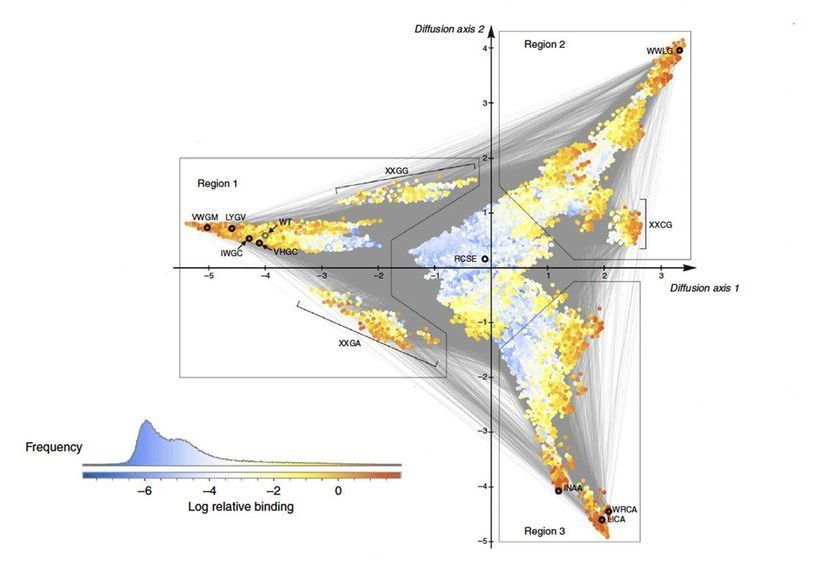
Quantitative biologists David McCandlish and Juannan Zhou at Cold Spring Harbor Laboratory have developed an algorithm with predictive power, giving scientists the ability to see how specific genetic mutations can combine to make critical proteins change over the course of a species’ evolution.
Described in Nature Communications, the algorithm called “minimum epistasis interpolation” results in a visualization of how a protein could evolve to either become highly effective or not effective at all. They compared the functionality of thousands of versions of the protein, finding patterns in how mutations cause the protein to evolve from one functional form to another.
Continue reading “Algorithm Developed to Predict the Evolution of Genetic Mutations” »
Apr 26, 2020
Polio outbreaks in Africa caused by mutation of strain in vaccine
Posted by Fyodor Rouge in category: biotech/medical
New cases of highly infectious disease that should be ‘consigned to the history books’ reported in Nigeria, the DRC, CAR and Angola.
Apr 26, 2020
There were more than 97,000 lightning flashes in Arizona during Wednesday’s monsoon storms
Posted by Quinn Sena in category: climatology
Did you catch all that lightning last night? Don’t worry! There’s plenty of photos to see.


